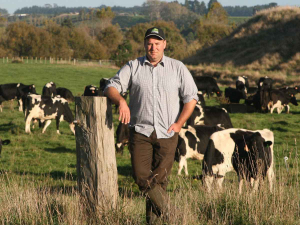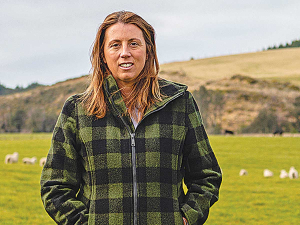Federated Farmers has some advice for how the Government should divvy up the $3 billion infrastructure fund.
The COVID Response and Recovery Fund was announced as part of Budget 2020, with Cabinet this week announcing how the fund will be allocated.
The fund, aimed at creating 20,000 jobs as part of “shovel ready” infrastructure projects, is in addition to an existing $12 billion towards the New Zealand Upgrade Programme and existing Provincial Growth Fund investments.
Of the fund, $708 million will go towards transport, $670 million towards community and social development, $464 million towards housing and urban development, and $460 million towards environmental projects.
Investments in the fund include about $210 million for climate resilience and flood protection projects, $155 million for transformative energy projects, about $180 million for large-scale construction projects, and $50 million for enhanced regional digital connectivity.
Federated Farmers President and commerce spokesperson Andrew Hoggard says the Government should have an eye to building longer-term resilience and putting in infrastructure that underpins increased primary industry production.
Following some of the worst droughts on record, Hoggard says the Government’s $210 million fund for climate resilience and flood protection is a prime candidate for boosting community water storage.
He says the $708 million put aside for transport shouldn’t all go to expensive trainsets, cycleways, walkways and metro motorways.
"There needs to be increased investment in the maintenance and improvement of rural roads and bridges to better support transport connections heavily relied upon by rural and provincial people," says Hoggard.
"Many rural roads are already in a poor state and numerous rural bridges are past their designed lifetimes."
Hoggard says for the $670 million for community development, investment in improving the limited broadband capability in rural areas — and not just more communications hubs in provincial towns — will help level the digital divide between town and country and support increased uptake of emerging technologies on farms to lift productivity and the nation’s earnings.
"As for the $155 million put aside for energy projects, there’s a strong case for improving the reliability of rural electricity supply, and support for farm-scale and community-scale generation that moves us further towards that climate-friendly goal of 100% renewable energy."



















